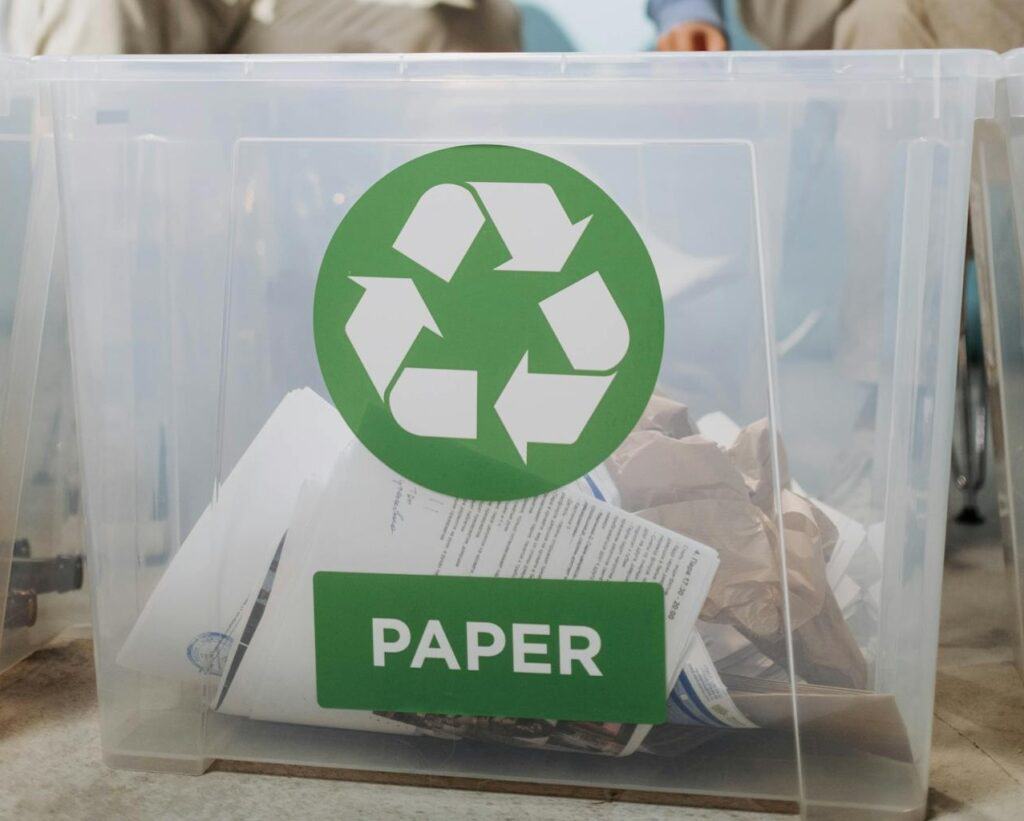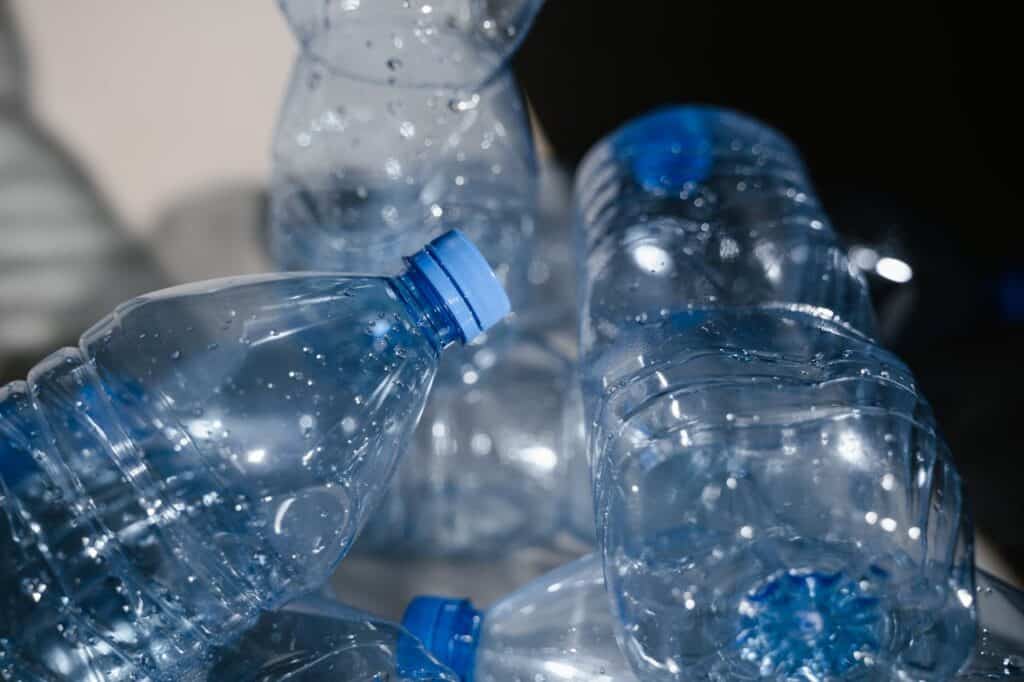Traditionally, technologists and developers saw the role of blockchain as being primarily in the financial industry. However, according to The Recycling Association, it also has vast potential in the recycling sector too.
Blockchain is a distributed ledger technology which promises to bypass the need for trusted centralised agencies, like banks, in economic transactions. The idea is to record transactions, contracts and other trading devices on a network of computers. Once you make an entry on a distributed ledger, every computer in the grid contains a record of the transaction, verifying the legitimacy of the trade. The system is almost impervious to abuse.
Applying this technology to recycling is, to many, the next logical step. Companies that receive recycled materials need a way to quickly verify that it meets their quality requirements and is fit for purpose. Blockchain technology gives everybody in the recycling supply chain access to the same immutable information, helping to smooth the flow of data from producers to recyclers, to regulators and so on. The hope is that with better streams of information, everyone in the system will be able to keep track of any issues that relate to compliance.
The Traca System – Using The Blockchain In The Recycling Sector
The Traca system is a tool which developers and regulators hope will make the use of blockchain more ubiquitous in the recycling sector. The basic idea of the project is to provide everyone in the value chain, including regulators, with accurate, reliable and trustworthy data about recycled products changing hands.
To start, the system will provide people with information such as verified gross mass as the Annex VII form. However, over time, the designers of the scheme hope that they will be able to expand its functionality into new areas.
Companies have already successfully trialled the new technology. Recycling firm CS Recycling located in north London recently used it on seven containers bound for foreign markets. The technology helped the firm dramatically cut the amount of time spent administering the shipment from hours to minutes.
Implementing blockchain is vital in the recycling sector because of the increased burden of regulation and the need to accurately record information. Recycled products often pass through five or six entities before reaching their final destination. There needs to be a way of tracking the goods to ensure their quality and provenance, and to prevent tampering.
Everyone involved in the shipment of recycled goods, from port authorities to manufacturers, should be able to get data on the transfer whenever they like. Blockchain provides a solution.
The UK government is keen to make the Annex VII system entirely digital. The new Traca system will cater to that, too, combining the benefits of blockchain with company compliance requirements.
Blockchain Offers Better Efficiency In The Recycling Sector
The main business appeal of blockchain is better efficiency and less time spent hammering out contracts.
The way that blockchain works is incredibly simple. Once the stated terms of a contract are met, smart contracts on the blockchain automatically trigger the next step in the process. So, for instance, if a company receives a shipment of recycled goods, blockchain kicks into action, debits the buyer’s account and passes the money onto the recycler automatically. The blockchain, therefore, offers peace of mind. Everybody knows in advance what will happen at each stage of the transaction. The process continues as long as parties fulfil all conditions in the contract.
You can see why the blockchain offers so much promise to the recycling sector. Plastic recycling is a logistically complicated process. Recyclers have to collect material from dozens of locations, refine it into new industrial inputs, and then ship it off to end users. These producers may then send it on again to a series of other companies, each of which uses it in a variety of products. A single batch of recycled material could find its way into dozens of products.
Blockchain-enabled smart contracts assist in smoothing the process. Employees can get on with their regular work while the rules baked into the initial blockchain-based agreement execute once conditions are met. In complicated supply chains, blockchain lets each person track the passage of recycled goods from source to destination.
Traca and other blockchain systems are in massive demand right now from recycling companies in the UK and all over Europe. A company called Visy, for instance, is already using the new technology to track its exports and share information about its shipments with other stakeholders in the supply chain. The hope is that the company will be able to use blockchain ledgers to speed up internal operations and cut down on admin.








